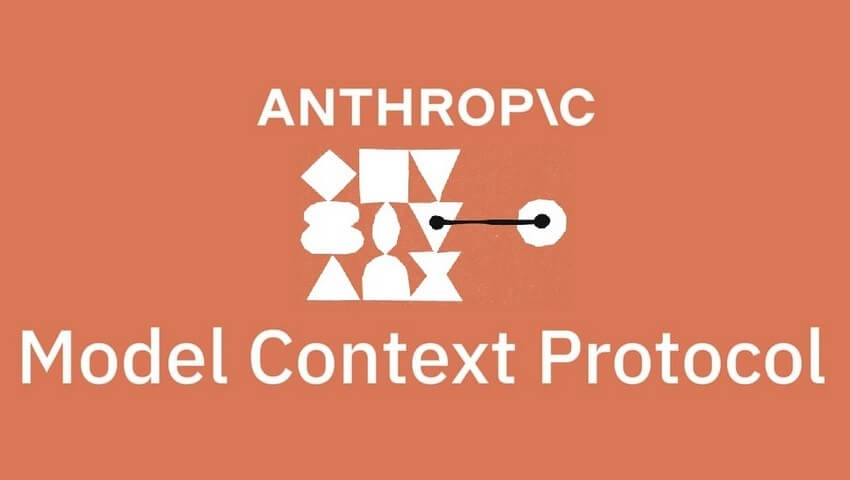
Anthropic simplifies AI access to data sources
Anthropic, a leading artificial intelligence research company, has announced the launch of the Model Context Protocol (MCP), an open-source framework designed to completely transform how AI systems connect to data sources and external tools. By simplifying integration and improving AI capabilities, MCP promises to bridge the gap between large language models (LLMs) and the vast reservoirs of information stored in various databases, content repositories, and development tools.
The introduction of MCP addresses one of the most persistent challenges in AI adoption: the isolation of models from critical data. While recent advances in AI have focused on enhancing model reasoning and performance, even the most sophisticated systems remain constrained by their inability to seamlessly access external information. Traditionally, developers have been forced to create custom integrations for each new data source, a process that is both time-consuming and difficult to scale.
MCP changes the rules by offering a universal, open standard for connecting AI systems to virtually any data repository or application. This protocol eliminates the need for fragmented integrations, providing developers with a consistent and reliable way to link AI tools with their data infrastructure.
The framework consists of three primary components:
- MCP Servers: These act as gateways that expose data for use by AI applications. Pre-built MCP servers are already available for popular platforms like Google Drive, Slack, GitHub, and Postgres.
- MCP Clients: AI-powered tools, such as Anthropic's Claude models, can connect to MCP servers to access and use the data they provide.
- Security Protocols: MCP ensures secure communication between servers and clients, safeguarding sensitive information during interactions.
To establish a connection, an AI application sends a network request to an MCP-enabled system. The system responds, and the connection is finalized with an automated acknowledgment. This straightforward process, built on the JSON-RPC 2.0 protocol, allows developers to quickly integrate AI tools into their workflows, often in under an hour.
One standout feature of MCP is its "sampling" functionality, which allows AI agents to request tasks autonomously. Developers can configure this feature to include user review, ensuring transparency and control.
Anthropic has also made MCP accessible to a broader audience by incorporating it into the Claude Desktop app, enabling businesses to test local integrations with ease. Developer toolkits for remote, production-ready MCP servers will be available soon, ensuring scalability for enterprise-grade applications.
Several companies are already leveraging MCP to enhance their AI capabilities. Organizations like Block and Apollo have integrated the protocol into their systems to improve AI-driven insights and decision-making. Developer-focused platforms such as Replit, Codeium, and Sourcegraph are using MCP to empower their AI agents, enabling them to retrieve relevant data, understand coding tasks, and produce more functional outputs with minimal effort.
For example, an AI-powered programming assistant connected through MCP can retrieve code snippets from a cloud-based development environment, understand the surrounding context, and provide tailored solutions. Similarly, businesses can link LLMs to customer support repositories, enabling AI assistants to deliver faster and more accurate responses to inquiries.
Visit Anthropic’s official website for more information and resources.
